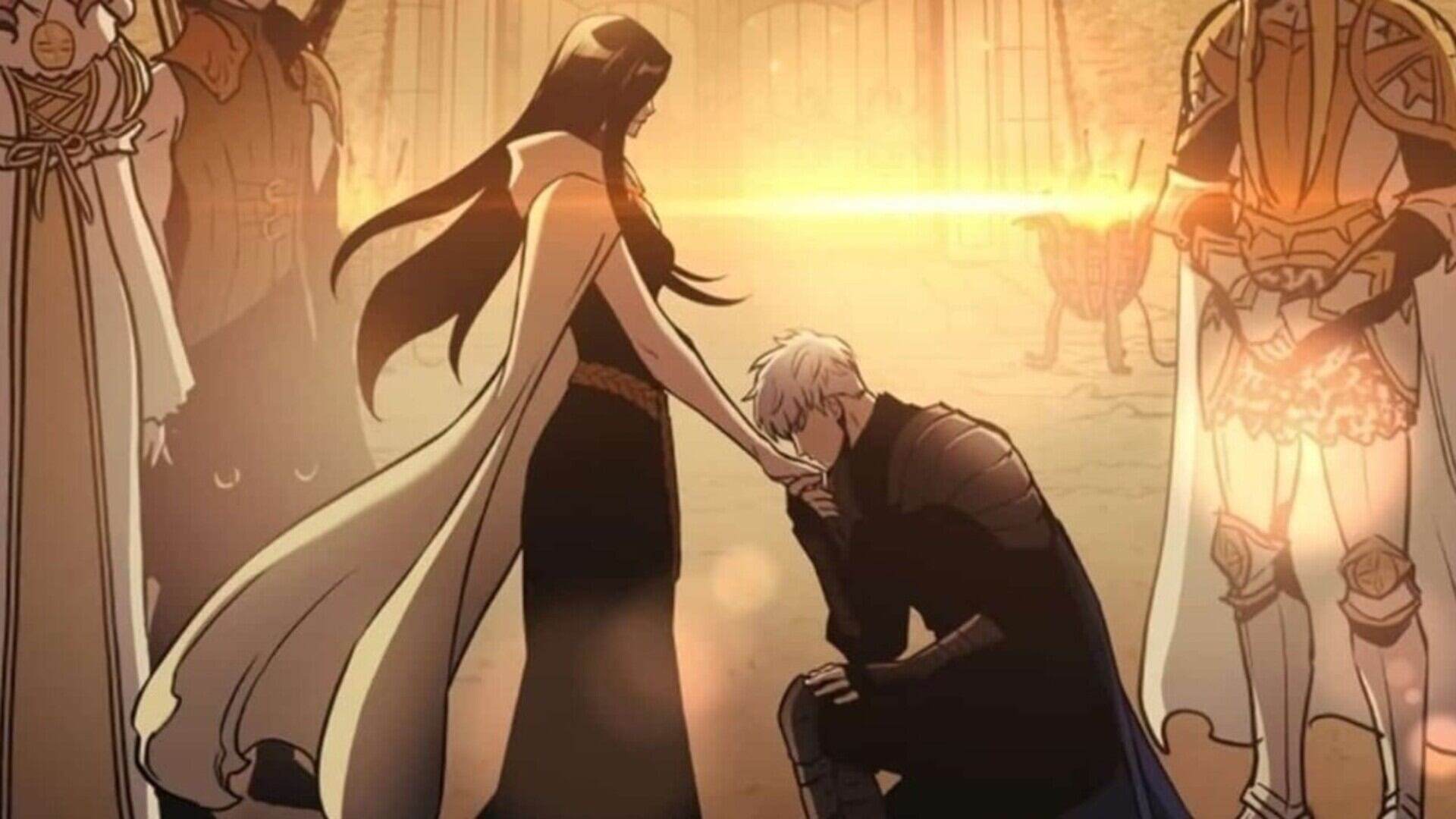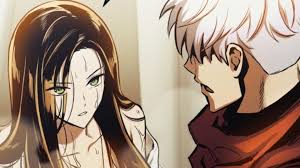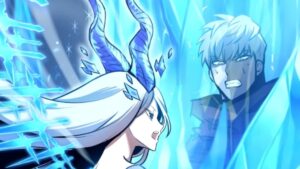
reincarnation of the suicidal battle god 100
“Resurrection of the Self-destructive Fight God 100” is a dazzling story that dives into the secrets of life, passing, and resurrection. In this article, we’ll explore the themes, symbolism, and cultural implications of this intriguing story.
Reincarnation of the suicidal battle god 100
“Reincarnation of the Suicidal” is a term that could refer to a specific piece of literature or a concept. However, without further context or information, it’s challenging to provide a specific paragraph. If you could provide more details about what you’re referring to, such as the title of a book, a specific passage, or some context, I’d be happy to help you further.
Understanding the Concept of Reincarnation
Definition and beliefs
Rebirth is the conviction that after death, the spirit is renewed into another body. This concept is prevalent in various religions and spiritual traditions, including Hinduism, Buddhism, and Jainism.
Cultural significance
The idea of reincarnation has profound cultural significance, shaping beliefs about the afterlife, karma, and the cyclical nature of existence. It offers hope for redemption, renewal, and the opportunity to learn from past mistakes.
Exploring the Theme of Reincarnation in Literature and Media

Historical context
The theme of reincarnation has fascinated storytellers for centuries, appearing in myths, legends, and religious texts around the world. It reflects humanity’s enduring fascination with the mysteries of life and death.
Examples from literature and film
Numerous works of literature and film have explored the theme of reincarnation, from classic novels like “The Reincarnation of Peter Proud” to contemporary films like “Cloud Atlas.” These stories often explore themes of destiny, love, and the search for meaning across multiple lifetimes.
Outline of “Rebirth of the Self-destructive Fight God 100”
Plot summary
“Reincarnation of the Suicidal Battle God 100” follows the journey of a troubled warrior who, after death, is reincarnated into a new world filled with magic, monsters, and adventure. As he struggles to come to terms with his past and forge a new destiny, he discovers hidden truths about himself and the nature of existence.
Characters and themes
The story features a diverse cast of characters, each grappling with their own inner demons and desires. Themes of redemption, self-discovery, and the search for purpose pervade the narrative, driving the protagonist’s quest for understanding and enlightenment.
Impact and Reception

Audience response
“Reincarnation of the Suicidal Battle God 100” has garnered a dedicated following of readers who praise its compelling storytelling, rich world-building, and thought-provoking themes. Many readers find themselves drawn into the protagonist’s journey of self-discovery and redemption.
Critical reviews
Critics have lauded the novel for its imaginative premise, well-developed characters, and exploration of existential themes. Its blending of fantasy, action, and philosophical inquiry has earned it acclaim from both literary and genre fiction circles.
Analysis of Themes and Symbolism
Life, death, and rebirth
At its center, “Resurrection of the Self-destructive Fight God 100” investigates the repeating idea of presence, as the hero wrestles with the outcomes of his past activities and looks to find meaning and redemption in his new life.
Redemption and self-discovery
The protagonist’s journey is one of self-discovery and growth, as he confronts his inner demons and learns to embrace his true self. Through his trials and tribulations, he discovers that true redemption lies not in escaping the past, but in facing it head-on and forging a new path forward.
Cultural and Philosophical Implications

Eastern vs. Western perspectives
The concept of reincarnation is deeply rooted in Eastern spirituality and philosophy, offering a stark contrast to Western views of the afterlife. “Reincarnation of the Suicidal Battle God 100” bridges these cultural perspectives, offering a unique synthesis of Eastern and Western themes.
Spiritual and existential themes
The novel raises profound questions about the nature of existence, the meaning of life, and the possibility of transcendence. It invites readers to contemplate their own beliefs about life, death, and the mysteries of the universe.
Conclusion
In conclusion, “Reincarnation of the Suicidal Battle God 100” is a thought-provoking exploration of life, death, and the quest for redemption. Its captivating storytelling, rich themes, and cultural significance make it a standout work of literature that resonates with readers of all backgrounds.
Unique FAQs
Q: What sets “Reincarnation of the Suicidal Battle God 100” apart from other fantasy novels?
- A: “Reincarnation of the Suicidal Battle God 100” stands out for its unique blend of fantasy adventure, philosophical inquiry, and existential exploration. It offers readers a thought-provoking journey that goes beyond the typical tropes of the genre.
Q: How does the theme of reincarnation contribute to the overall narrative of the novel?
- A: The theme of reincarnation serves as a central motif in the novel, driving the protagonist’s journey of self-discovery and redemption. It raises profound questions about identity, destiny, and the cyclical nature of existence.
Q: What audience is “Reincarnation of the Suicidal Battle God 100” intended for?
- A: Sometimes “Rebirth of the Self-destructive Fight God 100” will speak to devotees of imagination and experience fiction, its subjects and philosophical undercurrents make it reasonable for perusers intrigued by a deeper exploration of the human experience.
Q: Are there any religious or spiritual themes present in the novel?
- A: Yes, “Reincarnation of the Suicidal Battle God 100” delves into themes of karma, destiny, and the search for enlightenment that are rooted in Eastern spirituality and philosophy. These subjects add profundity and intricacy to the story.
Q: What message does “Rebirth of the Self-destructive Fight God 100” at last pass on to its perusers?
- A: At its core, “Reincarnation of the Suicidal Battle God 100” is a story about redemption, self-discovery, and the possibility of transformation. It reminds perusers that regardless of how critical the conditions are, there is consistent trust for a more promising time to come.


